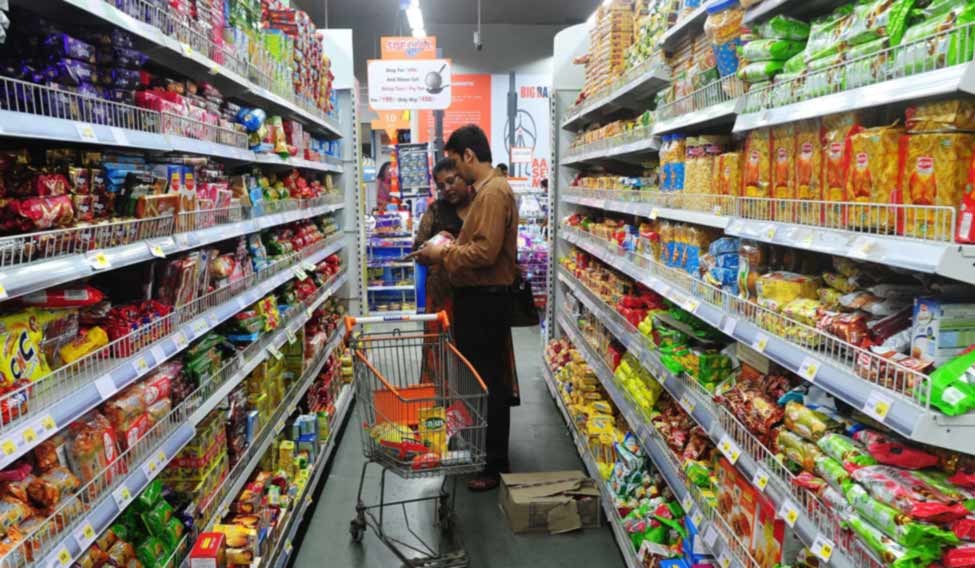Up in arms against the revised debit card charges, retailers are now raising their voice by writing to the Reserve Bank of India as well as drawing the attention of the government to the central bank's move to rationalise merchant discount rate on debit card payments, a move which retailers say goes against the digital payments push and one that will drive retailers ask customers to pay more by cash, particularly for lower value transactions.
Merchant discount rate (MDR) is the rate that banks charge a merchant for providing debit and credit card services.
The RBI had issued a notification rationalising the framework for MDR on debit card transactions, based on a category of merchants on December 6, essentially prescribing a lower MDR for small retailers. The move, it felt, would drive more retailers to accept debit cards for payments and further boost debit card payments.
As per the new norms, effective from January 1, 2018, MDR on debit card transactions would be 0.4 per cent (capped Rs 200 per transaction) for merchants with a turnover of up to Rs 20 lakh in the previous financial year. For other merchants with a turnover of over Rs 20 lakh, the MDR cannot exceed 0.90 per cent (capped at Rs 1,000 per transaction).
Earlier, banks were allowed to charge MDR of up to 0.25 per cent on transactions of up to Rs 1,000, transactions between Rs 1,000 - 2,000 were charged 0.5 per cent and MDR was capped at 1 per cent on higher value transactions.
“This move is absolutely against the Digital India thought process. If you tell a retailer that if you accept a digital card, I am going to charge you more, why would a retailer then want to accept a digital card payment. Today most of us don't use cheques, but make RTGS payments, as we find there are no charges on RTGS. Similarly, a debit card payment is also a direct transfer from a bank account, so it shouldn't incur that kind of cost,” Kumar Rajagopalan, the CEO of Retailers Association of India (RAI), told THE WEEK.
RAI, which counts many small and large retailers including top players like Future Group, Shoppers Stop and Tata-owned Trent among its members, is about to write in to the RBI. It will also mark a copy to the finance ministry and seek their intervention if there is no response from the central bank.
“Either the RBI should switch back to the way things were earlier, or bring every retailer under the 0.4 per cent MDR. If RBI feels that smaller retailers will be happy with 0.4 per cent, why should the larger retailers be made to pay a higher per cent,” questions Rajagopalan.
The immediate impact of the RBI's move will be for large merchants like Indian Railway Catering and Tourism Corporation (IRCTC), supermarkets like Big Bazaar, e-commerce players and cab aggregators, all of whom have large volumes with ticket size of less than Rs 1000, but turnover of more than Rs 20 lakh, pointed out V. Balasubramanian, president, merchant and terminal business at Financial Software and Systems, a Chennai-based payments technology and transaction processing firm.
“The current MDR for large merchants for transaction value less than Rs 1,000 is at 0.25 per cent. From January 2018, this will be increased to 0.90 per cent, which is an increase of 65 basis points that has to be borne out by them. In case of small merchants, currently the MDR is at 0.25 per cent for debit card transactions of Rs 1,000 on point of sale terminal or online. This would increase to 0.40 per cent from January 2018, which is a 15 basis point increase that has to be borne by the merchant. This may lead them to continue accepting cash for transactions below Rs 1,000 to avoid the additional cost,” said Balasubramanian.






